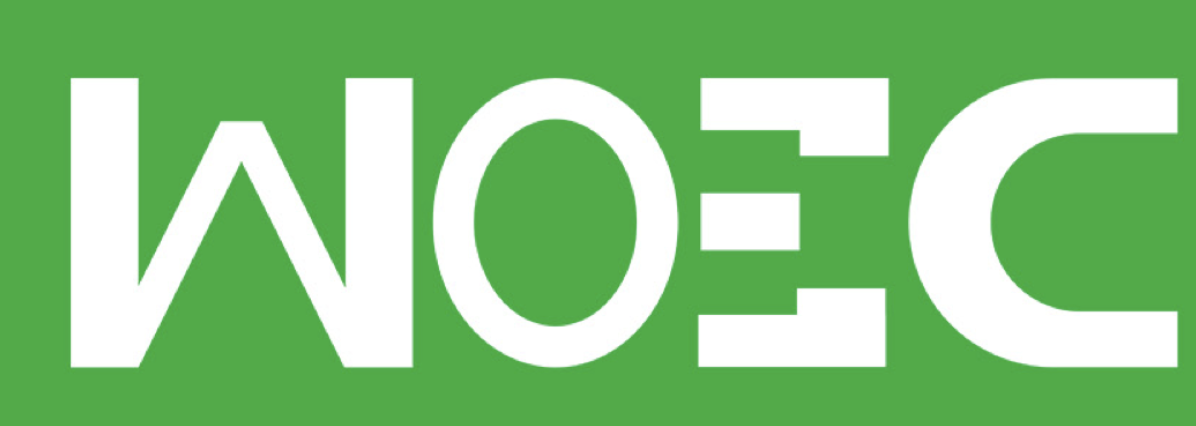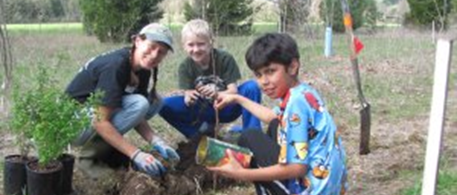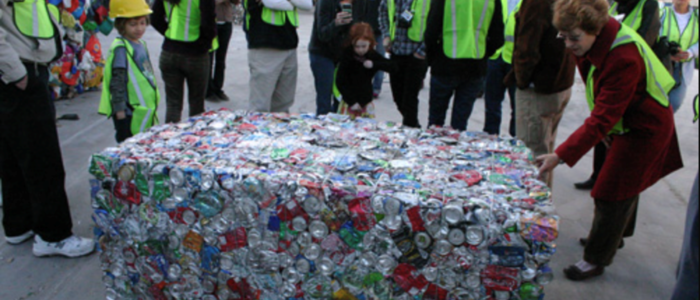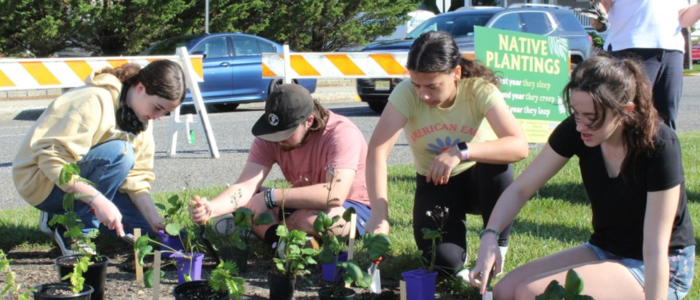
The Ecological Education Center offers opportunities for K-12 students, teachers, and community members to engage in place-based ecological education through school programs, teacher workshops, and volunteering. Our programs are experiential, hands-on, and inspire inquiry and action. We partner with others to engage the future stewards in the study of native plants and habitat restoration through service-learning and curriculum development. Our goal is to connect people with nature and a sense of place through ecological education, service-learning, and citizen science, and we maintain educational programs under these Guiding Principles.
Guiding Principles
We design our education programs to embody the following characteristics:
place-based: the local community is the starting point for teaching concepts in science and culture; students learn about where they live
hands-on: students actively use all of their senses to explore nature, stewardship, and science
conservation in action: the activities we do with students are tied to efforts to meet local, regional, and national conservation goals
inquiry-based: students learn science by asking and answering questions as a guide to discovering the world around them
service-learning: the learning activities that students do directly benefit their community, motivating students by giving extrinsic value to their work
skill building: students learn valuable skills in science, horticulture, problem solving, critical thinking, and stewardship
professional and peer mentoring: students build relationships with peers, older student mentors, and professional mentors that give them multiple perspectives and confidence
experiential: students don’t just learn about restoration, students DO restoration
Ecological education can help students connect with nature and learn to be more sustainable. Here are some examples of our ecological education activities:
- Engaging local elementary, middle and high school students in habitat restoration in schoolyard and natural areas
- Providing curriculum and other resources for teachers in ecological education
- Hosting community education workshops
- Providing environmental education opportunities to incarcerated youth at Linn-Benton Juvenile Detention Center



